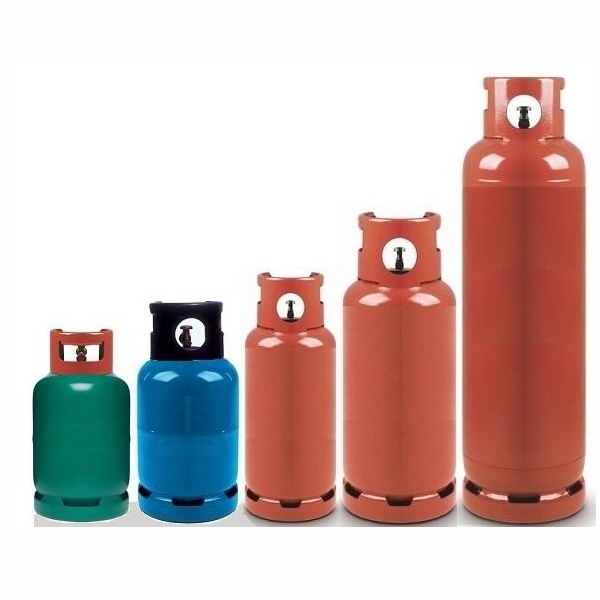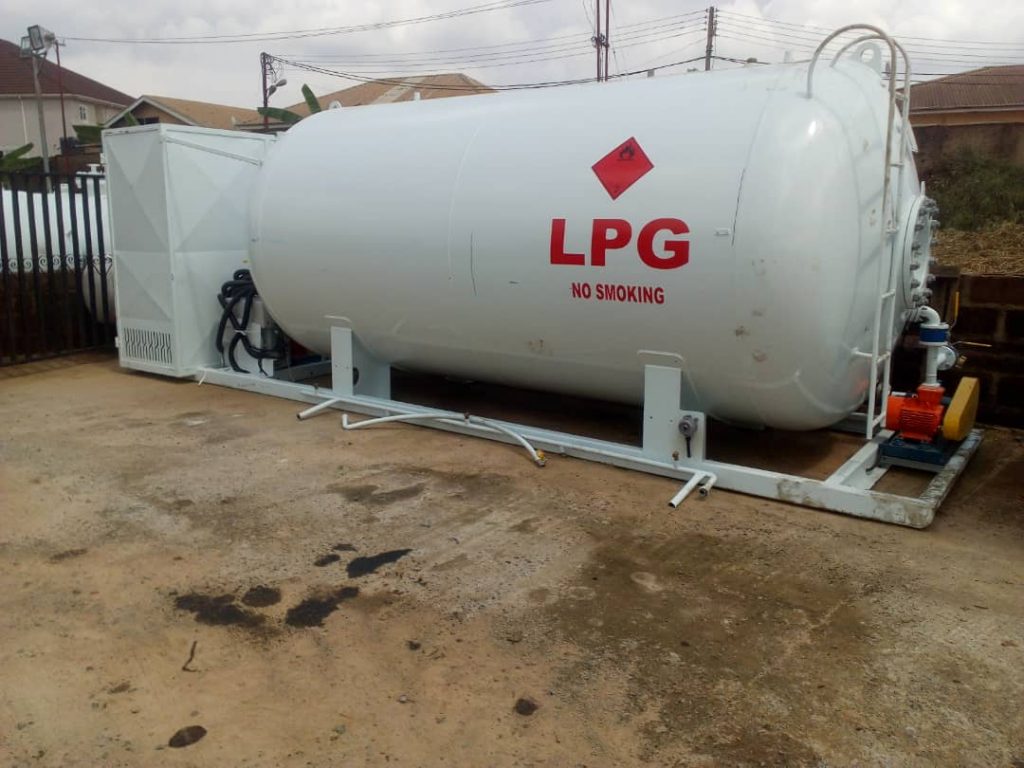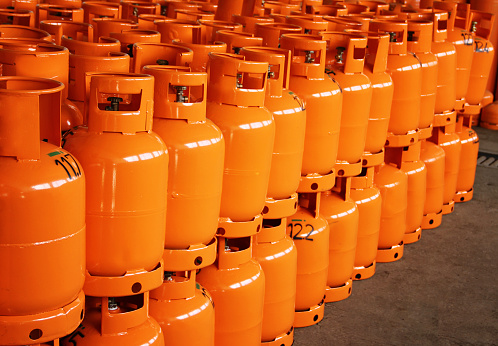Nigeria, with its population of over 150 Million faces enormous challenges in coping with climate change. Some of the challenges are listed below:
1. Legal and Regulatory Framework: The lack of a legal and regulatory framework for dealing with climate change is a big problem. In 2010, the national assembly passed a bill for the creation of a national climate change commission to coordinate the response to climate change but up till date, this commission is non-existent. This limits the amount of aid and support that can be obtained for climate change. The climate change department of the Federal Ministry of Environment developed a document in December, 2011 titled “National Adaption Strategy and Plan of Action on climate change for Nigeria to outline action plans for climate change.
2. Infrastructure: Nigeria’s population growth is expected to put pressure on existing infrastructure and climate change would exacerbate the situation and leave communities vulnerable to very unpleasant conditions. Annual rainfall in Nigeria reduced in Nigeria by an average of 2-8mm between 1941-2000 and annual temperatures is projected to increase by an average of 0.04oC annually till the 2045-2065 period [2]. This poses a significant challenge as there is an increasing demand for water with the growing population but inadequate public water storage and distribution to cater for this. This makes Nigeria particularly vulnerable to droughts and water shortages. Inadequate drainage networks in coastal regions and rising sea levels make those areas vulnerable to floods and the attendant damage to the ecosystem, infrastructure and human lives.
3. There is a dearth of technical expertise in the local population to execute mitigation or adaptation strategies.
4. Awareness: Climate Change is a strange concept to many communities. There is still a great deal of ignorance on climate change and its impacts.
5. Poverty and Finance: Adaptation strategies are usually very capital intensive and most people in rural communities are poor and cannot afford it.
The approaches to mitigation when it comes to energy are two:
- Move from high carbon fuels like oil or coal to low carbon fuels like Natural gas or renewable.
- Move to a more efficient energy conversion processes like in the case of providing better cooking options.




